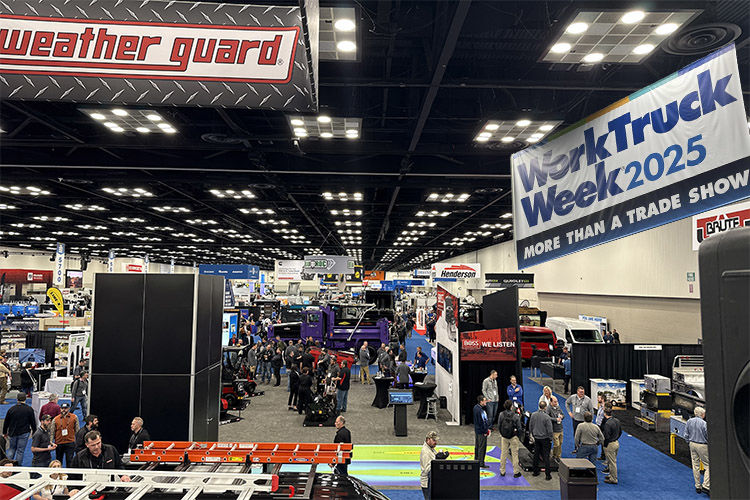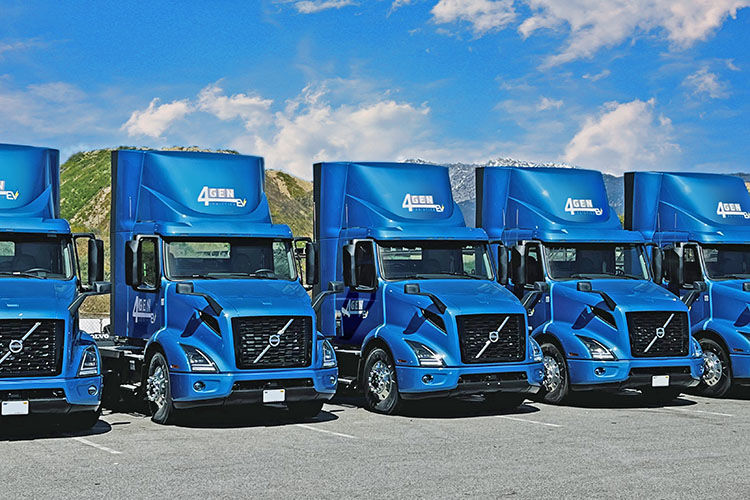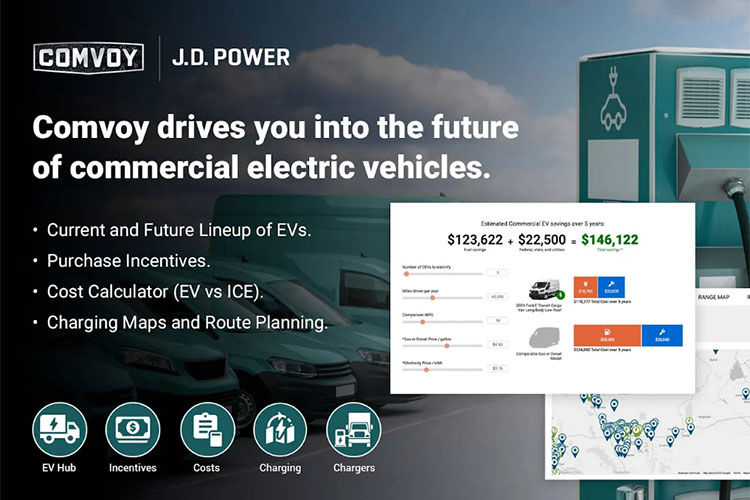The Cost Benefits of Propane Autogas for Commercial Fleets


The Cost Benefits of Propane Autogas for Commercial Fleets
As the transportation industry continues to look for cost-effective, sustainable alternatives to gasoline and diesel, propane autogas stands out as a smart energy source for fleets seeking to lower operating costs while reducing their environmental impact. A clean, reliable alternative energy source, propane autogas offers significant cost advantages for a fleet owner’s bottom line by providing fuel, maintenance, and infrastructure cost savings.
Fuel costs
On average, the cost of propane autogas itself is consistently less than traditional fuels. Propane autogas often costs as much as 50 percent less per gallon than diesel. The wholesale cost of propane autogas falls between the price of oil and natural gas. Historically, propane autogas prices don’t fluctuate as sharply as other fuels, and fleet owners are able to more easily manage fuel budgets.
Maintenance costs
Overall, propane vehicles have far fewer maintenance expenses compared to similar diesel vehicles, less downtime, and a longer lifespan.
Propane autogas is a clean energy source and doesn’t require complicated emissions systems like diesel. This eliminates additional costs that diesel engines generate, such as emissions fluid (DEF) and diesel particulate filters (DPF). Even as more low-emissions diesel technology becomes available, the added maintenance costs and inconveniences that come with this technology can become an obstacle. Fleet owners will spend additional time, money, and effort to maintain these systems as emissions standards become increasingly strict. Also, the maintenance of traditional diesel systems keeps fleets off the road longer, disrupting operations.
Compared to diesel engines, propane engines require less oil by volume, which can decrease preventive maintenance costs over the life of the vehicle. And, compared to traditional fuels, propane autogas won’t degrade or prematurely wear down engine parts over time. When properly maintained, propane autogas vehicles tend to experience fewer issues with carbon buildup and contaminants, resulting in a longer vehicle lifespan.
Infrastructure Costs
On-site propane autogas infrastructure is customizable and scalable to meet the demands of any fleet. Most fleet owners choose to install a private station in a centralized location for added convenience. A propane or infrastructure supplier will work with you to determine the proper tank size, number of dispensers and additional infrastructure requirements needed for your operation. Whether operating one or several hundred propane autogas vehicles, there is an affordable solution for any fleet.
Many propane autogas suppliers will also lease propane autogas refueling infrastructure to fleet owners in exchange for a mutually beneficial fuel contract. Because propane autogas is widely available across the U.S., fleet owners looking to make the switch can work with a local propane supplier who can help them select and install affordable refueling infrastructure and develop a fuel contract to fit their needs.
Additional Savings
Although propane autogas already provides a low total cost-of-ownership without relying on financial incentives, there are several funding sources for fleets who transition to alternative fuels like propane autogas. Fleet owners should check the U.S. Department of Energy Alternative Fuels Data Center website to learn more about what funding may be available in their area.
Choosing a clean energy source like propane autogas doesn’t mean fleet owners need to take a big hit to their bottom lines. The low cost of propane autogas per gallon as well as its low infrastructure and maintenance costs can all add up to big savings for any fleet. To learn more about the advantages of propane autogas, check out propane.com/fleet-vehicles.
SHOP ADVANCED FUEL VEHICLES NOW
Return to Alt Fuel Home for more articles all about advanced fuels and zero emissions vehicles.
Author: Bridget Kidd is Chief Operating Officer for the Propane Education & Research Council. She can be reached at bridget.kidd@propane.com.
Published on: December 12, 2024 Work Truck Week 2025: Examining the Trajectory of Commercial Vehicle Innovation
Work Truck Week 2025: Examining the Trajectory of Commercial Vehicle Innovation The "Messy Middle" of Zero-Emission Commercial Vehicle Adoption
The "Messy Middle" of Zero-Emission Commercial Vehicle Adoption 4 Gen Logistics: Leading the Charge Towards Zero-Emission Freight
4 Gen Logistics: Leading the Charge Towards Zero-Emission Freight Work Truck Solutions and J.D. Power Launch Commercial EV Hub
Work Truck Solutions and J.D. Power Launch Commercial EV Hub Winterizing Commercial Vehicles: Don't Get Caught Out in the Cold!
Winterizing Commercial Vehicles: Don't Get Caught Out in the Cold!






